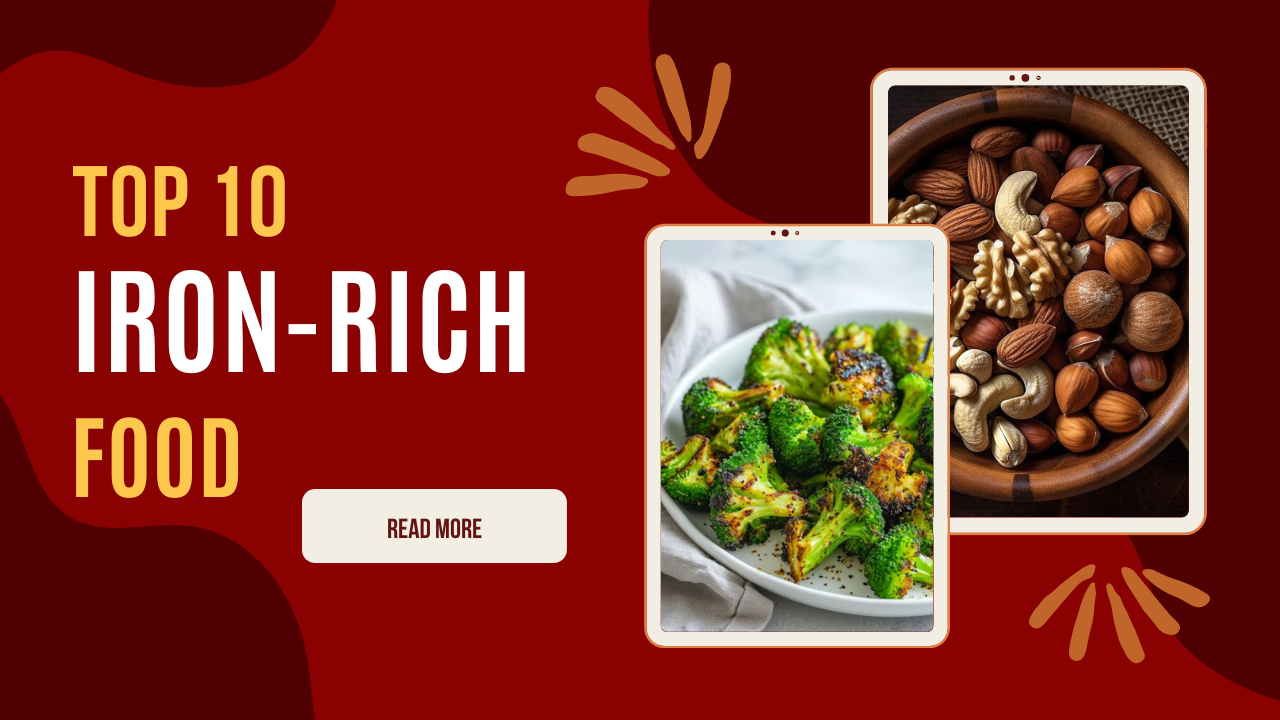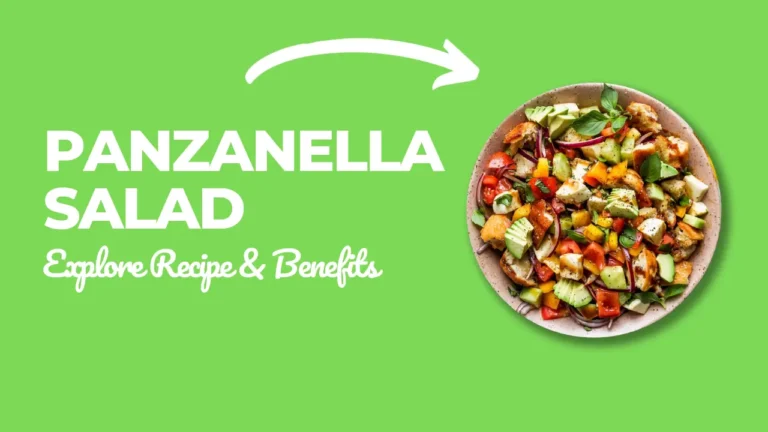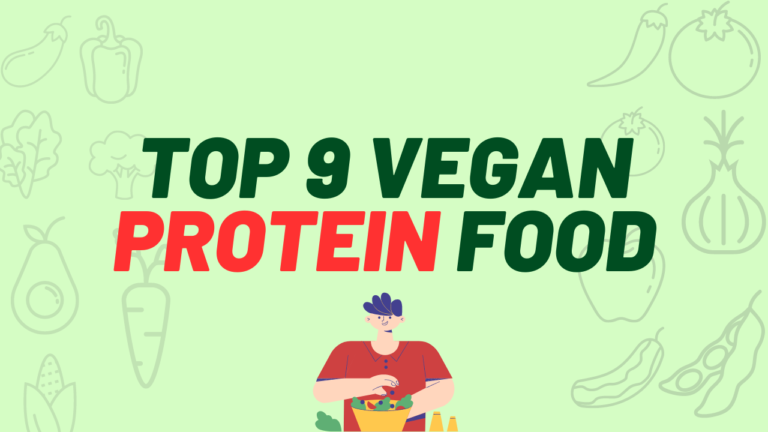Iron is an essential mineral that plays a crucial role in maintaining our overall well-being. It is responsible for carrying oxygen to all parts of the body, promoting healthy cell production, and supporting cognitive function. However, iron deficiency is a common problem, affecting people of all age groups. To combat this issue, it is important to incorporate iron-rich foods into our diet. In this blog post, we will explore the top 10 iron-rich foods, both animal-based and plant-based, to help you boost your iron intake and promote optimal health.
Animal-Based Iron-Rich Foods
Red Meat
Red meat is a prime source of heme iron, which is highly bioavailable and easily absorbed by the body. Different cuts of meat vary in their iron content, with beef liver and lean beef being particularly rich sources. To preserve iron levels in red meat dishes, it is important to adopt appropriate cooking techniques. Avoid overcooking or boiling red meat, as this can lead to a loss of nutrients. Instead, opt for methods like grilling or stir-frying to retain as much iron as possible.
Seafood
Seafood offers a wide array of iron-rich options. Fish, such as salmon, tuna, and sardines, are not only delicious but also packed with nutritional benefits, including high iron content. Incorporating seafood into your diet can provide you with omega-3 fatty acids, which are known for their heart-healthy properties. To boost your iron intake, try tantalizing seafood recipes like lemon garlic salmon or shrimp stir-fry.
Poultry
Poultry, such as chicken and turkey, also contains significant amounts of iron. Dark meat cuts, such as chicken thighs or turkey legs, tend to have higher iron content compared to white meat. By including iron-rich poultry choices in your meals, you not only enhance your iron intake but also benefit from the high protein content. To add a nourishing twist, indulge in recipes like grilled lemon pepper chicken or herb-roasted turkey breast.
Plant-Based Iron-Rich Foods
Dark Leafy Greens
Dark leafy greens like spinach and kale are rich in non-heme iron, a form of iron found in plant-based sources. While the iron from these sources is not as readily absorbed as heme iron, combining them with vitamin C can enhance iron absorption. Dark leafy greens are versatile and can be added to various dishes, such as salads, smoothies, stir-fries, or even as a topping for pizzas. They not only provide iron but also offer a wealth of other essential nutrients like vitamins A, C, and K.
Legumes and Pulses
Legumes and pulses, including lentils, chickpeas, and black beans, are excellent sources of iron and plant-based protein. These versatile ingredients can be incorporated into a variety of dishes, such as soups, stews, curries, or salads. Consuming legumes and pulses regularly not only boosts your iron levels but also provides additional health benefits, including improved digestion and reduced risk of chronic diseases.
Nuts and Seeds
Nuts and seeds, such as almonds, cashews, pumpkin seeds, and sesame seeds, are not only delicious but also packed with iron. By adding these iron-rich nuts and seeds to your diet, you can increase your iron intake while enjoying a crunchy and nutritious snack. Sprinkle them on salads, yogurt, or oatmeal, or blend them into smoothies for an extra iron boost.
Other Iron-Enriched Dietary Sources
Fortified Foods
Fortified foods are products that have been enriched with additional nutrients, including iron. Cereals and bread are common examples of fortified foods that can provide you with a significant amount of iron. When selecting fortified products, check the labels and opt for those that contain a higher percentage of iron to ensure maximum benefit. Incorporating these foods into your diet can be an effective way to meet your daily iron needs.
Dried Fruits
Dried fruits like apricots and raisins are not only tasty but also rich in iron. They make for a convenient and portable snack that can help boost your iron intake. Dried fruits can also be added to meals and snacks, such as oatmeal, trail mixes, or baked goods. By incorporating these iron-dense dried fruits into your diet, you can enjoy the nutritional advantages they offer while satisfying your sweet tooth.
Cooking Techniques to Optimize Iron Absorption
Certain cooking methods can enhance the bioavailability of iron in foods. For example, soaking legumes and pulses before cooking can help reduce the presence of phytic acid, which can inhibit iron absorption. Additionally, combining iron-rich foods with vitamin C sources, such as citrus fruits or bell peppers, can significantly improve iron absorption. When it comes to iron-rich plant-based foods, avoiding excessive tea or coffee consumption during meals can also aid in better iron absorption.
Summary and Pertinent FAQs
To summarize, incorporating iron-rich foods into your diet is essential for optimal health. Whether you choose animal-based or plant-based options, there is a wide variety of iron-rich foods to choose from, including red meat, seafood, poultry, dark leafy greens, legumes, nuts, and seeds. Additionally, fortified foods and dried fruits can also contribute to your daily iron intake. By adopting cooking techniques that optimize iron absorption, you can make the most of these iron-rich foods.
FAQs
How much iron should I consume daily?
The recommended daily intake of iron varies depending on age and gender. For adult males, it is generally 8 mg per day, while adult females need around 18 mg per day. However, it is always best to consult with a healthcare professional to determine your specific iron needs.
Can I meet my iron requirements through plant-based sources alone?
Yes, it is possible to meet your iron requirements through a well-planned plant-based diet that includes a variety of iron-rich foods. However, it is important to note that plant-based sources provide non-heme iron, which requires additional measures such as consuming vitamin C-rich foods to enhance absorption.
Are iron supplements necessary?
Iron supplements are commonly prescribed to individuals with iron deficiency or those who have difficulty meeting their iron needs through diet alone. However, it is crucial to consult with a healthcare professional before taking any supplements, as excessive iron intake can have negative health effects.
As you embark on your journey to incorporate iron-rich foods into your diet, remember that making small, gradual changes can lead to significant improvements in your overall health. Start by choosing one or two iron-rich foods to include in your meals, and gradually expand your repertoire. By doing so, you can ensure that you are getting the iron your body needs for optimal health.




